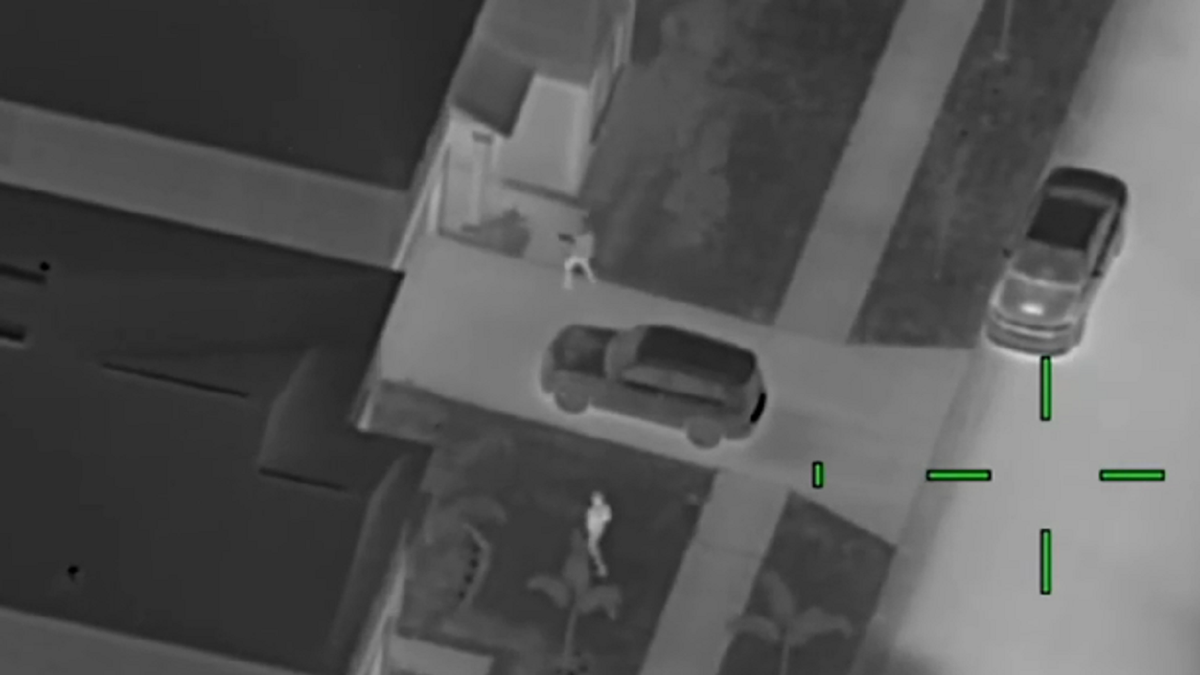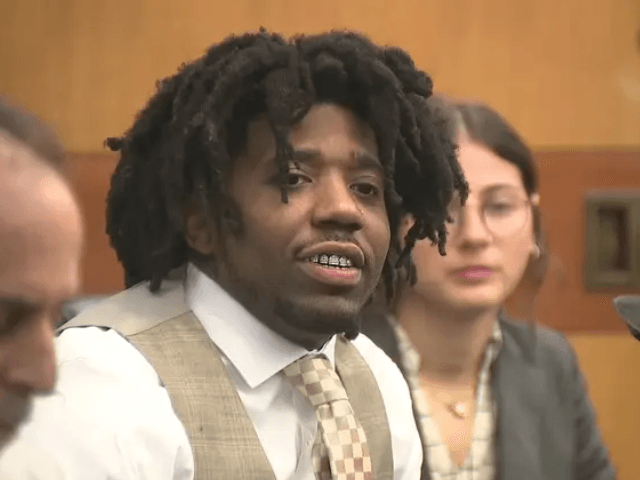A transgender inmate in California, Tremaine "Tremayne" Deon Carroll, 52, has been charged with raping fellow inmates at a women's prison, sparking a debate about pronoun usage in court and raising questions about the state's transgender inmate housing law. Carroll, a biological male who identifies as a woman, has been transferred back to a men's facility following the charges.
A Madera County Court judge ruled that Carroll must be referred to using she/her pronouns in court, a decision that complicates the prosecution's case. Madera County District Attorney Sally Moreno argues that this pronoun mandate creates confusion for the jury, particularly given that California law defines rape as a crime committed by a man. Moreno believes Carroll exploited California's SB 132, the Transgender Respect, Agency and Dignity Act, which allows transgender prisoners to be housed according to their gender identity. She contends that the law's lack of stringent evaluation criteria allowed Carroll, who she describes as "not a woman in any sense of the word," to be placed in the women's facility.
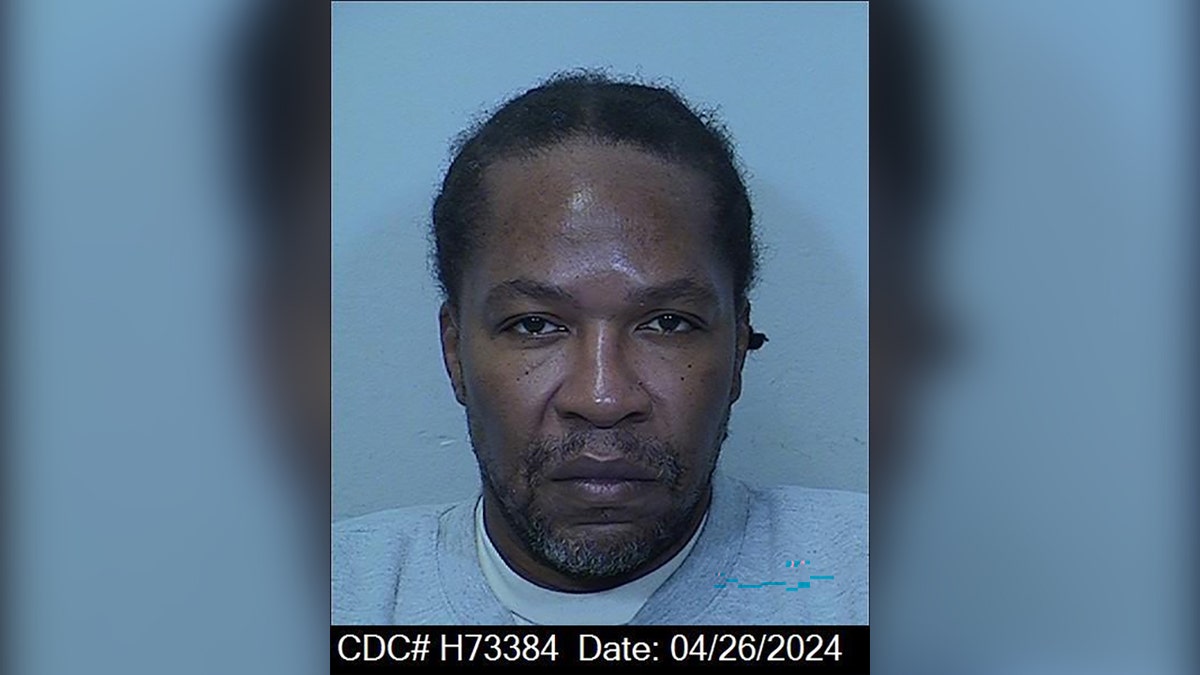
Supervising Deputy District Attorney Eric Dutemple echoed Moreno's concerns, stating that forcing victims to police their pronoun usage while testifying about traumatic experiences is "absolutely insane." The victims were Carroll's cellmates; one became pregnant and was transferred to a men's facility, prompting complaints from two other cellmates who alleged they were also raped by Carroll.
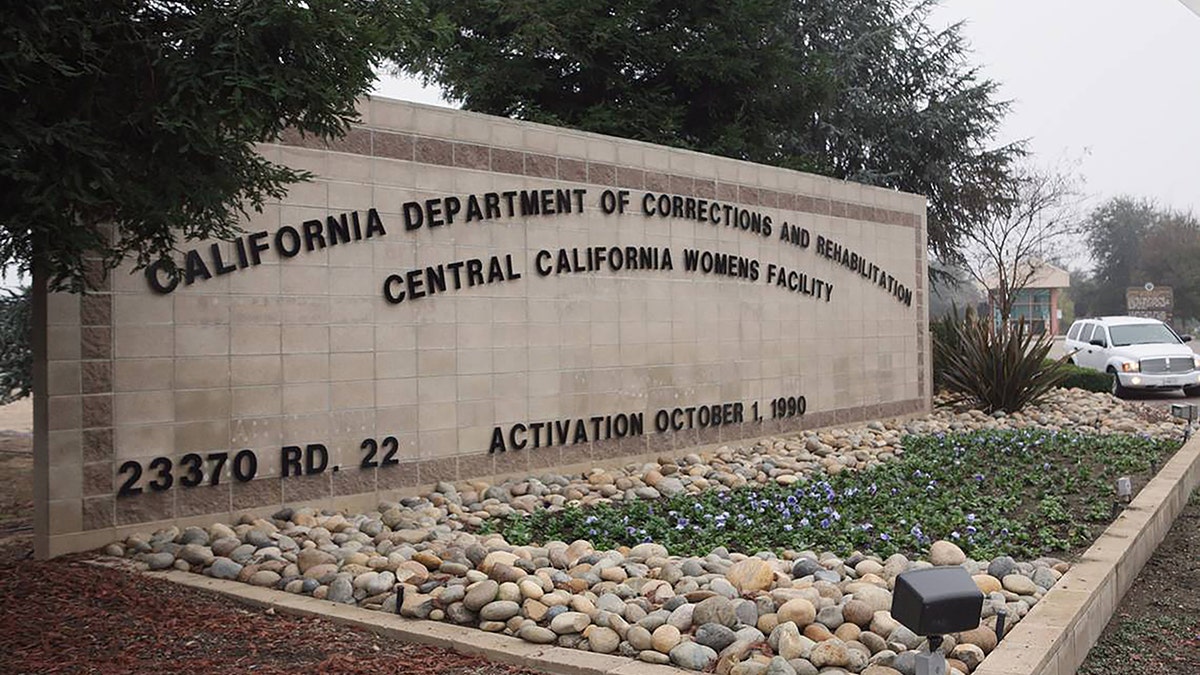
Amie Ichikawa, founder and executive director of Women II Women and a former inmate, had previously expressed concerns about Carroll, noting a history of manipulative behavior and frivolous lawsuits. Ichikawa criticized SB 132 for prohibiting the consideration of criminal history and other relevant factors when assessing transfer requests. She highlighted that Carroll only began identifying as transgender after the law's passage. Court records reveal Carroll's extensive criminal history, dating back to 1988, including charges of grand theft, kidnapping, robbery, and possession of a weapon in prison.
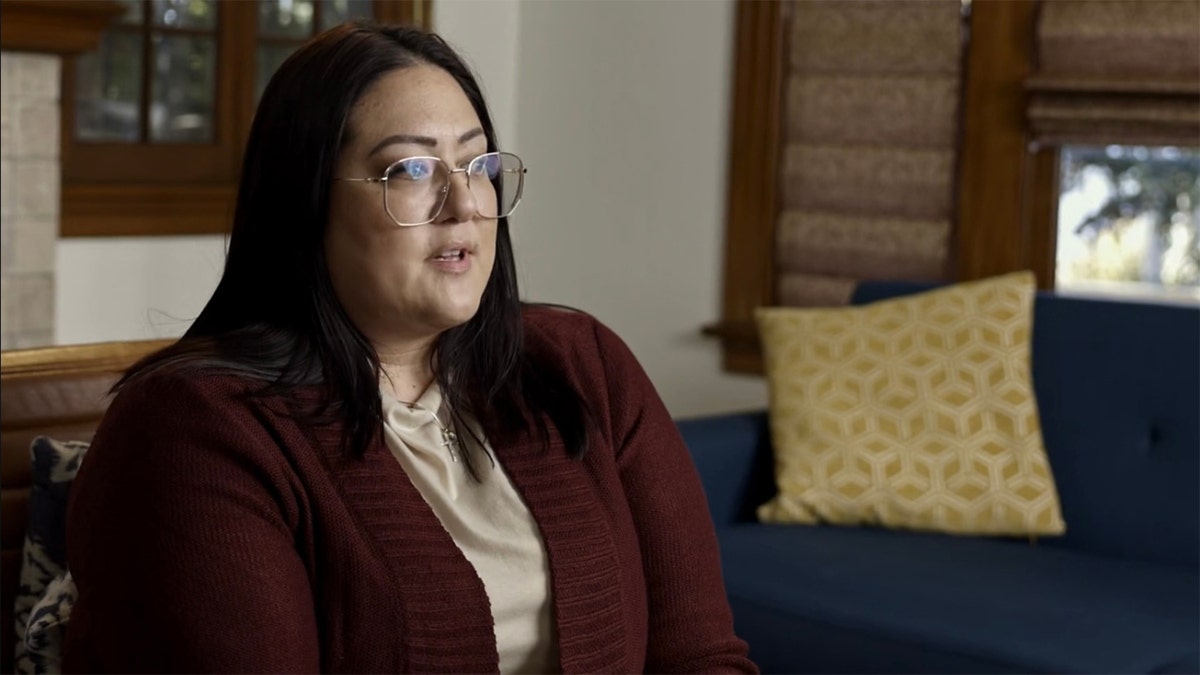
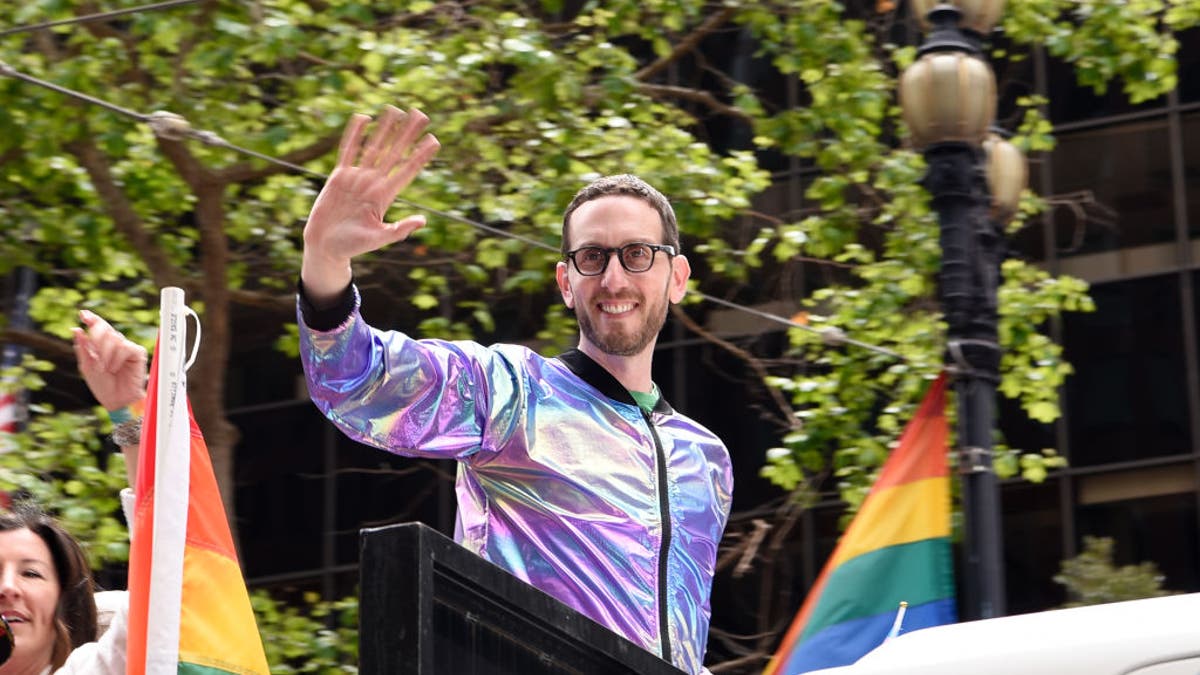
Carroll's case has fueled criticism of SB 132, with opponents arguing that it prioritizes gender identity over the safety and well-being of female inmates. The case raises complex legal and ethical questions about the intersection of transgender rights, prison safety, and the rights of victims.


